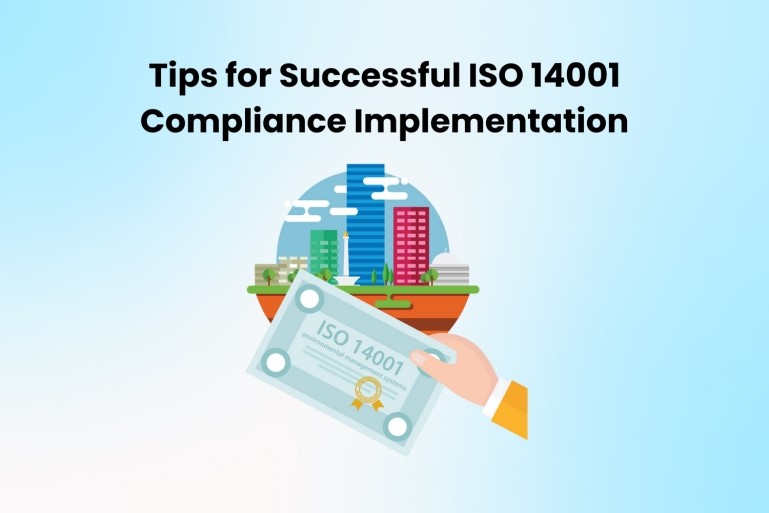Rice, a staple food for over half of the world’s population, is a crucial component of global cuisine. As demand for this essential grain continues to rise, the rice wholesale industry plays a pivotal role in ensuring a steady supply to consumers, businesses, and various food establishments. This comprehensive guide aims to delve into the intricate world of rice wholesale, exploring its dynamics, challenges, and opportunities.
Understanding the Basics of Rice Wholesale
What is Rice Wholesale?
Rice wholesale involves the bulk trading and distribution of rice from producers or distributors to retailers, processors, and other businesses. This sector acts as a bridge between rice producers and end-users, facilitating the efficient movement of rice across the supply chain.
Types of Wholesale Rice
When buying wholesale rice it’s crucial to understand the different types available. The type of rice you choose will significantly impact the success of your culinary endeavors. Here are some popular varieties
:Basmati Rice: Renowned for its aromatic fragrance, long grains, and delicate flavor, Basmati rice is a favorite for various dishes, especially in Indian and Middle Eastern cuisine.

Jasmine Rice:
This Thai rice variety is known for its subtly floral aroma and slightly sticky texture, making it ideal for dishes like sushi and stir-fries.

Long-Grain Rice: Versatile and widely used, long-grain rice works well in pilafs, salads, and as a side dish.

Short-Grain Rice: Short-grain rice is known for its sticky and starchy nature, making it perfect for sushi, rice pudding, and various Asian dishes.
· Benefit of rice:
Rice is a staple food consumed by billions of people worldwide, and it offers numerous benefits, making it a significant component of diets and economies. Here are some of the key benefits of rice:
Nutrient-Rich: Rice is a good source of essential nutrients, including carbohydrates, protein, vitamins (such as B-vitamins), and minerals (like iron and magnesium). It provides energy and helps meet daily nutritional requirements.
Energy Booster: Rice is primarily a carbohydrate-rich food, making it an excellent source of energy. The body digests rice slowly, providing a steady release of energy, which can help maintain blood sugar levels.
Low in Fat and Cholesterol: Rice is naturally low in fat and cholesterol, making it a heart-healthy food choice when prepared without excessive amounts of added fats.
Gluten-Free: Rice is naturally gluten-free, which makes it a safe and nutritious option for individuals with celiac disease or gluten sensitivity.
Digestive Health: White rice can be easier to digest, and when prepared as congee or rice porridge, it can be soothing for the digestive system. Additionally, brown rice contains dietary fiber, which aids in digestive regularity.
Versatility: Rice is an incredibly versatile ingredient that can be used in various dishes, including soups, stir-fries, sushi, risottos, and desserts. It can adapt to a wide range of flavors and cooking techniques.
Satiety: Rice is known for its ability to keep you feeling full and satisfied, which can help control overeating and manage weight.
Cultural Significance: Rice is deeply embedded in the cultural and culinary traditions of many regions. It plays a central role in cultural ceremonies and rituals, reflecting its importance in society.
Economical: Rice is a cost-effective food source, and it can serve as a staple for people on a budget. Buying rice in bulk can save money and reduce food expenses.
Long Shelf Life: Rice has a long shelf life, especially when stored in a cool, dry place. This makes it a convenient food option for both households and businesses.
Importance of Rice Wholesale in the Food Industry
The significance of the Rice wholesale suppliers industry extends beyond meeting the demand for a basic food staple. It plays a vital role in supporting economic activities, ensuring food security, and contributing to the livelihoods of millions involved in rice cultivation and distribution.
The Rice Wholesale Supply Chain
Key Players in the Supply Chain
The rice wholesale supply chain comprises multiple stakeholders, each performing specific roles. From farmers and millers to wholesalers, retailers, and exporters, understanding the dynamics between these players is essential for navigating the industry successfully.
Challenges in the Supply Chain
The rice wholesale supply chain faces various challenges, including logistical issues, quality control concerns, and market volatility. Exploring these challenges sheds light on the complexities involved and highlights areas for improvement.
Emerging Trends in Supply Chain Management
Advancements in technology and changing consumer preferences are influencing the way rice moves through the supply chain. Analyzing emerging trends, such as blockchain technology and sustainable sourcing practices, provides insights into the future Rice wholesale suppliers.
Factors Influencing the Rice Wholesale Market
Global and Regional Demand Trends
Understanding the factors that drive demand for rice at both the global and regional levels is crucial for wholesalers. Economic, cultural, and dietary influences play a significant role in shaping consumer preferences.
Price Fluctuations and Market Dynamics
The rice market is subject to price fluctuations influenced by factors such as weather conditions, geopolitical events, and trade policies. Exploring these dynamics helps wholesalers make informed decisions and mitigate risks.
Regulatory and Quality Standards
Compliance with regulatory standards and maintaining product quality are paramount in the Rice wholesale suppliers industry. This section explores the various standards and certifications that wholesalers need to adhere to and their impact on the market.
Business Strategies for Rice Wholesalers
Market Entry and Expansion Strategies
For both new entrants and established wholesalers, selecting the right market entry and expansion strategies is crucial. This section discusses approaches such as vertical integration, strategic partnerships, and diversification.
Risk Management in Rice Wholesale
Risk is inherent in the Rice wholesale suppliers business. Implementing effective risk management strategies, including diversification of suppliers and adopting financial instruments, helps safeguard businesses against unforeseen challenges.
That’s why we are here for you Mustaqeem enterprise so that you can save your money and profit more.

At Mustaqeementerprise Organic Store, we also understand the importance of convenience. That’s why we offer online ordering and delivery straight to your door. We aim to ensure that you can savor our premium rice products from the convenience of your own home with minimal effort. Thank you for considering our rice sale company for your rice needs. We eagerly anticipate the opportunity to cater to your needs and provide superior rice products. Whether you’re looking for rice for everyday meals or special occasions, we have the perfect product. Our customers have different needs and preferences, so we offer conventional and organic options. Our organic rice is certified by reputable organizations and is free of harmful chemicals and pesticides.
Choosing a Reliable Wholesale Rice Supplier
Selecting a reputable wholesale rice supplier is vital to the success of your business. Look for suppliers who offer consistent quality, competitive pricing, and excellent customer service. Reading reviews and seeking recommendations can help you find the right supplier
Sustainable Practices in Rice Wholesale
As sustainability becomes a focal point for businesses worldwide, Rice wholesale suppliers are increasingly adopting environmentally friendly practices. This section explores the benefits of sustainable sourcing, packaging, and distribution in the Rice wholesale suppliers sector.
Technology in Rice Wholesale
Digital Platforms and E-commerce
The integration of digital platforms and e-commerce in the wholesale rice distributors industry is transforming traditional business models. Exploring the advantages and challenges of adopting online platforms provides valuable insights for wholesalers.
Data Analytics and Forecasting
Harnessing the power of data analytics and forecasting tools allows rice wholesalers to make informed decisions. This section delves into the role of data in optimizing inventory management, demand forecasting, and supply chain efficiency.
Sustainable Sourcing Initiatives
Examining successful case studies of wholesale rice distributors implementing sustainable sourcing initiatives provides practical examples for businesses looking to make a positive impact on the environment.
Technology Integration for Efficiency
Highlighting cases where wholesalers have successfully integrated technology into their operations sheds light on the benefits and challenges associated with such transformations.
Evolving Consumer Preferences
Anticipating and adapting to evolving consumer preferences is key to long-term success in the wholesale rice distributors industry. This section explores changing trends in consumer behavior and their implications for wholesalers.
Opportunities in Niche Markets
Identifying and tapping into niche markets, such as organic or specialty rice, presents exciting opportunities for wholesalers. Understanding the dynamics of these markets is crucial for success.







